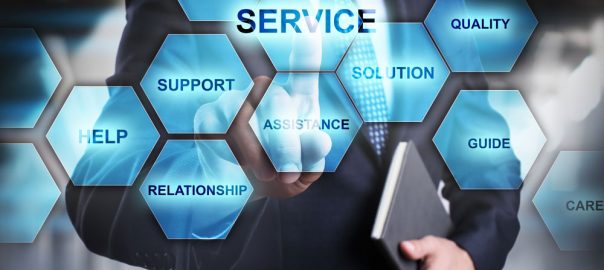Effective healthcare education includes several tenants that conversely transfer to how we live our daily lives. According to the CDC, healthcare information best practices include building self-competence, understanding situational awareness, defining group norms and addressing personal views and perspectives. Further, researchers conclude that curriculum designed to be engaging, interactive and consisting of a multi-disciplinary, environmentally integrative audience increases the opportunity for better outcomes as participants collaborate to lend their perspectives and share experiential insights. Consequently, as part of a staff education learning module, the following content may serve as an instrument within the learning toolkit regarding an organization’s mission toward achieving service excellence.
Staff education and engagement strategies similarly may be applied to any student learning environment. Service excellence characteristics directly align with the definition of servant leadership. Trait (2020) mentions that “servant leadership occurs when the leader’s main goal and responsibility is to provide service to their people.” Educators and leaders possess the ability to enhance and facilitate the transformational process that occurs during the purposeful journey toward achievement of servant leadership.
References
Characteristics of Effective Health Education Curricula – SHER | Healthy Schools | CDC Accessed on February 15, 2022.
Trait, B. Traditional Leadership Vs. Servant Leadership. Forbes.
Traditional Leadership Vs. Servant Leadership (forbes.com) Accessed on February 21, 2022.
Written and Submitted by Dr. Karen Robinson 2/21/22
